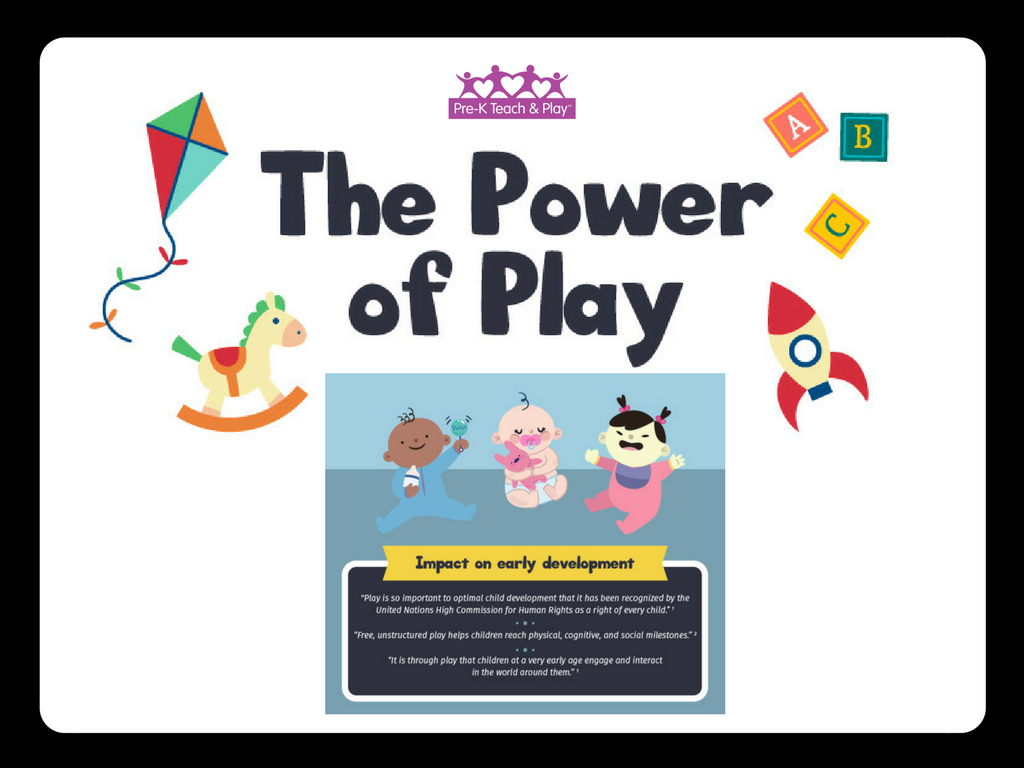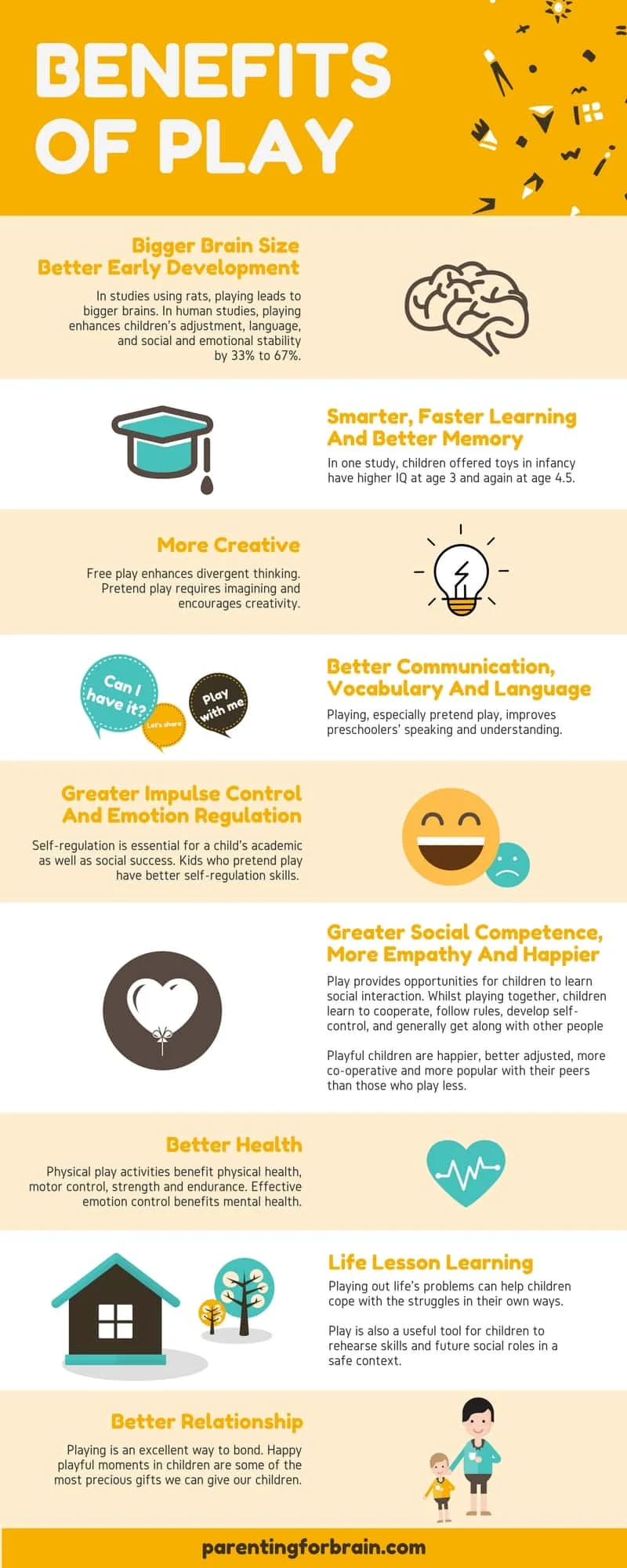The Power Of Play: Exploring The Importance Of Free Games In The 21st Century
The Power of Play: Exploring the Importance of Free Games in the 21st Century
Related Articles: The Power of Play: Exploring the Importance of Free Games in the 21st Century
Introduction
With great pleasure, we will explore the intriguing topic related to The Power of Play: Exploring the Importance of Free Games in the 21st Century. Let’s weave interesting information and offer fresh perspectives to the readers.
Table of Content
The Power of Play: Exploring the Importance of Free Games in the 21st Century

The world of video games has evolved dramatically since its inception. From pixelated adventures on rudimentary consoles to immersive virtual realities, the medium has consistently captivated audiences across generations. One significant aspect of this evolution is the rise of free-to-play games. These games, often perceived as a gateway to the broader gaming world, offer a unique blend of accessibility and entertainment, fostering a diverse and vibrant community of players. This article explores the significance of free-to-play games, examining their impact on the gaming landscape and their multifaceted benefits.
Accessibility and Inclusivity: Breaking Down Barriers to Entry
Free-to-play games have fundamentally altered the traditional model of game acquisition. By eliminating the financial barrier, they open the doors to a wider audience, enabling individuals with diverse economic backgrounds to experience the joy of gaming. This democratization of access has led to a surge in player participation, fostering a more inclusive and diverse gaming community.
Furthermore, the absence of upfront costs allows players to explore different genres and experiment with various game mechanics without financial risk. This freedom to try before committing encourages experimentation and discovery, ultimately enriching the overall gaming experience.
A Platform for Innovation and Experimentation
The free-to-play model has also fostered a fertile ground for innovation and experimentation in game design. Developers, freed from the constraints of traditional retail pricing, are able to explore novel gameplay mechanics, unique monetization strategies, and unconventional game narratives. This creative freedom has resulted in the emergence of diverse and innovative game genres, pushing the boundaries of what is possible within the medium.
Moreover, the constant feedback loop provided by a large player base allows developers to iterate quickly and adapt to player preferences, ensuring a continuously evolving and engaging experience. This dynamic approach to game development has led to the creation of some of the most successful and enduring free-to-play games, captivating millions of players worldwide.
Building Community and Social Interaction
Free-to-play games often foster a strong sense of community, providing a platform for players to connect, collaborate, and compete. The shared experience of playing a game, overcoming challenges, and celebrating victories creates a bond between players, transcending geographical and cultural boundaries.
Many free-to-play games incorporate social features, such as in-game chat, guilds, and collaborative events, further enhancing the sense of community. These features encourage players to interact, share strategies, and support each other, fostering a sense of belonging and camaraderie.
Economic Sustainability and Business Models
The free-to-play model has proven to be economically viable, generating significant revenue through microtransactions, advertising, and other monetization strategies. This sustainable business model allows developers to invest in ongoing development, ensuring a constant stream of new content and updates, keeping players engaged over extended periods.
Furthermore, the free-to-play model has enabled the emergence of independent studios and developers, offering them a viable path to success without requiring substantial upfront investment. This democratization of game development has led to a more diverse and vibrant gaming landscape, with a wider range of perspectives and creative voices represented.
Challenges and Considerations
Despite the numerous benefits, free-to-play games also present certain challenges and considerations:
- Monetization Concerns: The reliance on microtransactions can lead to concerns about predatory monetization practices, such as loot boxes and pay-to-win mechanics.
- Addiction and Time Investment: Some free-to-play games can be highly addictive, leading to excessive playtime and potential negative consequences.
- Ethical Considerations: The use of advertising and data collection raises ethical questions about user privacy and potential exploitation.
Balancing Monetization and Player Experience
It is crucial for developers to strike a balance between monetization and player experience. While monetization is essential for sustainability, it should not compromise the core gameplay or create an unfair advantage for paying players. Transparent and ethical monetization practices are essential for fostering a positive and enjoyable gaming environment.
Promoting Responsible Play and Awareness
To address the potential downsides of free-to-play games, it is essential to promote responsible play and awareness. Parents, educators, and game developers should work together to educate players about the potential risks of excessive playtime and predatory monetization practices.
The Future of Free-to-Play Games
Free-to-play games are likely to continue evolving and expanding their reach in the future. As technology advances, we can expect to see even more innovative and engaging free-to-play experiences. The future holds exciting possibilities for the continued growth and evolution of this powerful and influential gaming model.
FAQs by the n game free
Q: What are the benefits of free-to-play games?
A: Free-to-play games offer numerous benefits, including increased accessibility, fostering inclusivity, promoting innovation, building community, and enabling economic sustainability.
Q: How are free-to-play games monetized?
A: Free-to-play games are typically monetized through microtransactions, advertising, and other strategies that allow players to purchase optional in-game content or features.
Q: Are free-to-play games inherently predatory?
A: While some free-to-play games can employ predatory monetization practices, it is not inherent to the model. Responsible developers prioritize player experience and ethical monetization practices.
Q: What are the potential downsides of free-to-play games?
A: Potential downsides include concerns about predatory monetization, addiction, and ethical considerations related to advertising and data collection.
Q: How can I play free-to-play games responsibly?
A: Responsible play involves setting time limits, being aware of monetization practices, and seeking help if experiencing difficulties related to addiction or excessive playtime.
Tips by the n game free
- Set Time Limits: Establish realistic time limits for playing free-to-play games to prevent excessive playtime and maintain a healthy balance.
- Be Aware of Monetization Practices: Understand the different monetization strategies employed by free-to-play games and make informed decisions about spending.
- Seek Help If Needed: If experiencing difficulties related to addiction or excessive playtime, seek professional help or support from trusted individuals.
- Support Responsible Developers: Choose to play games from developers known for their commitment to ethical monetization practices and player experience.
Conclusion by the n game free
Free-to-play games have revolutionized the gaming landscape, offering a unique blend of accessibility, innovation, and community. While challenges exist, responsible development practices and player awareness can mitigate potential downsides and ensure a positive and enjoyable gaming experience. The future of free-to-play games holds exciting possibilities, promising a continued evolution and expansion of this dynamic and influential gaming model.








Closure
Thus, we hope this article has provided valuable insights into The Power of Play: Exploring the Importance of Free Games in the 21st Century. We thank you for taking the time to read this article. See you in our next article!